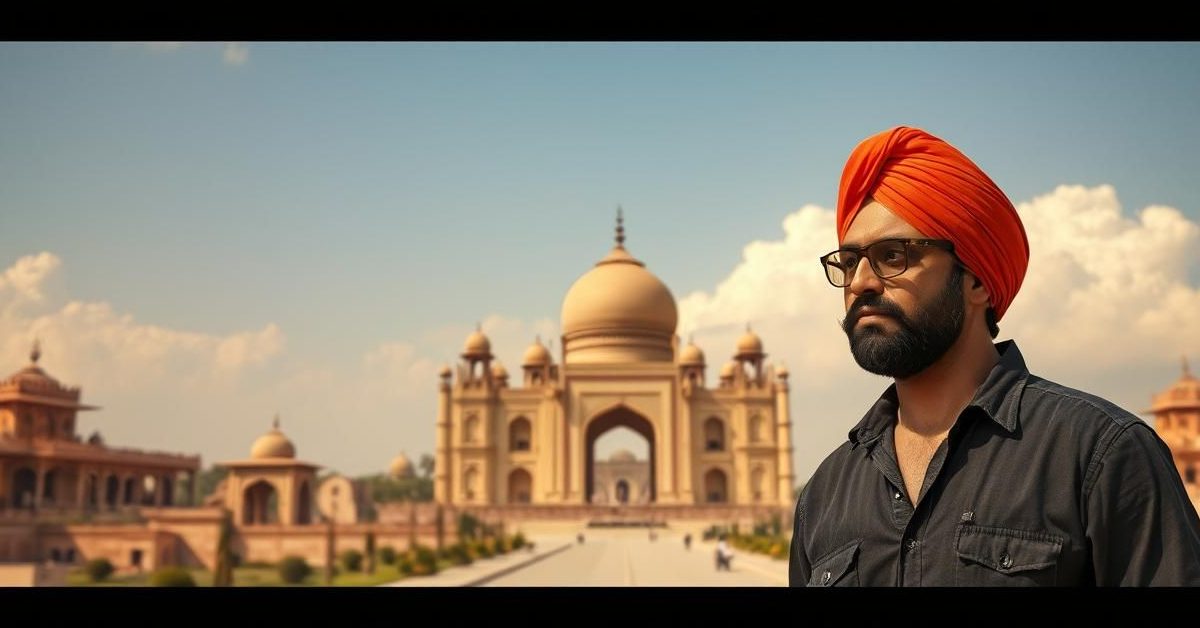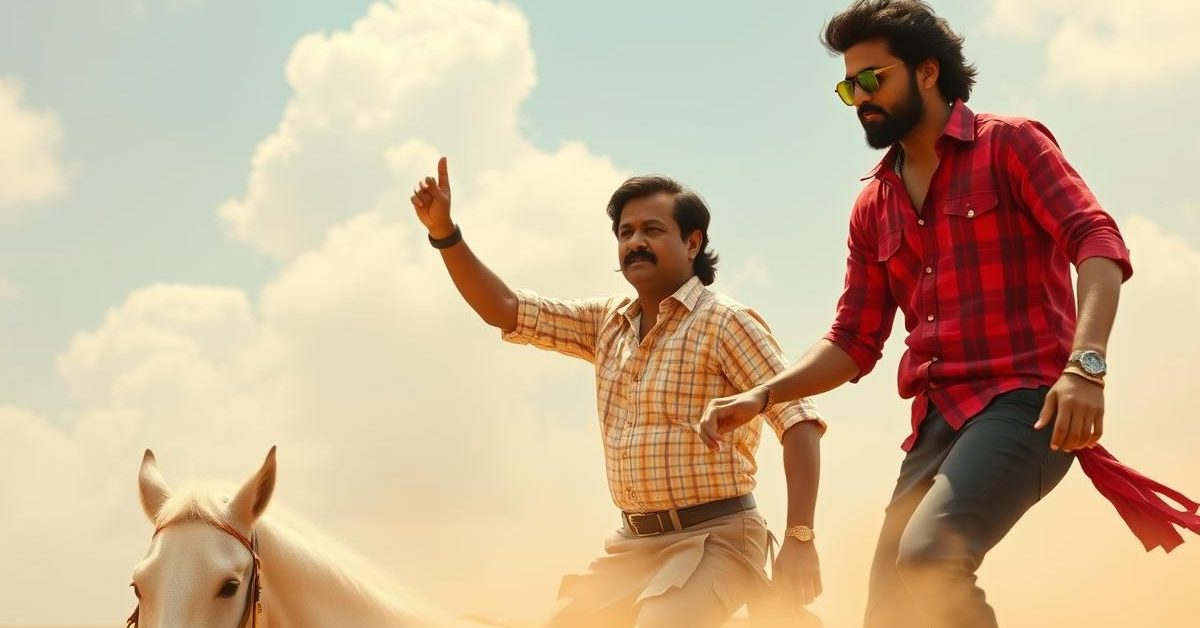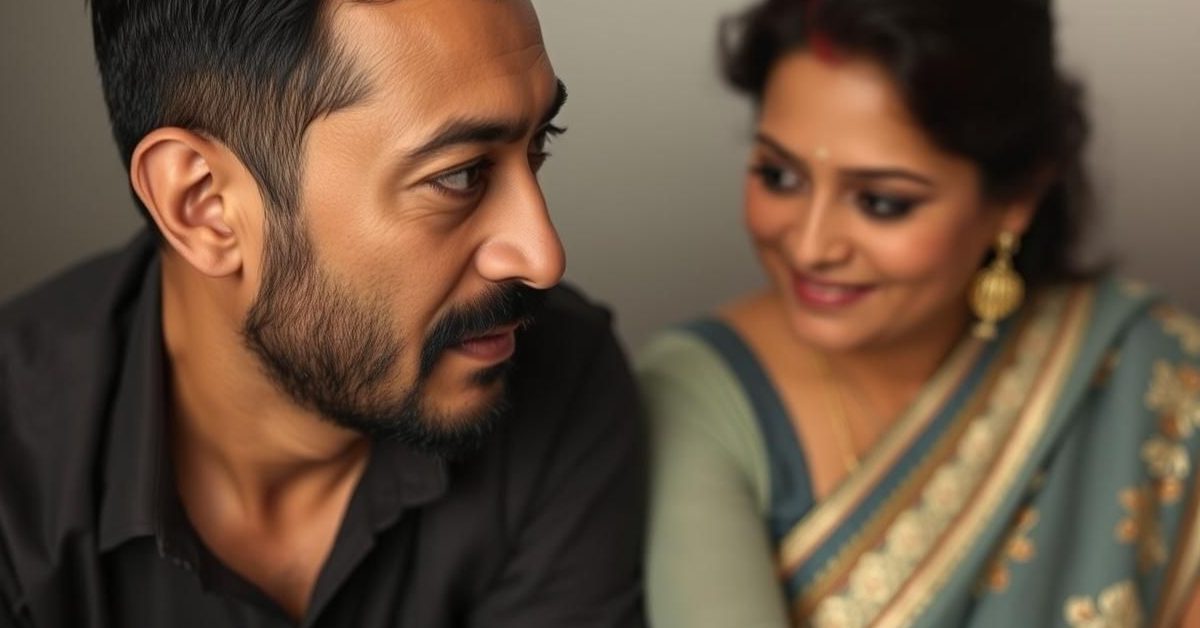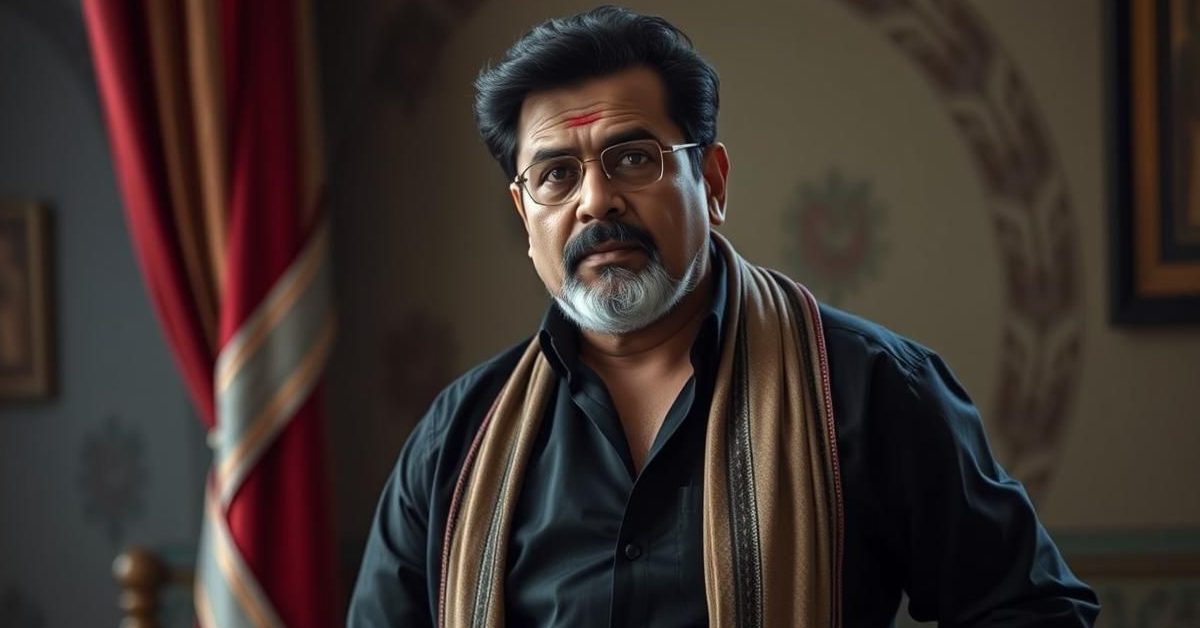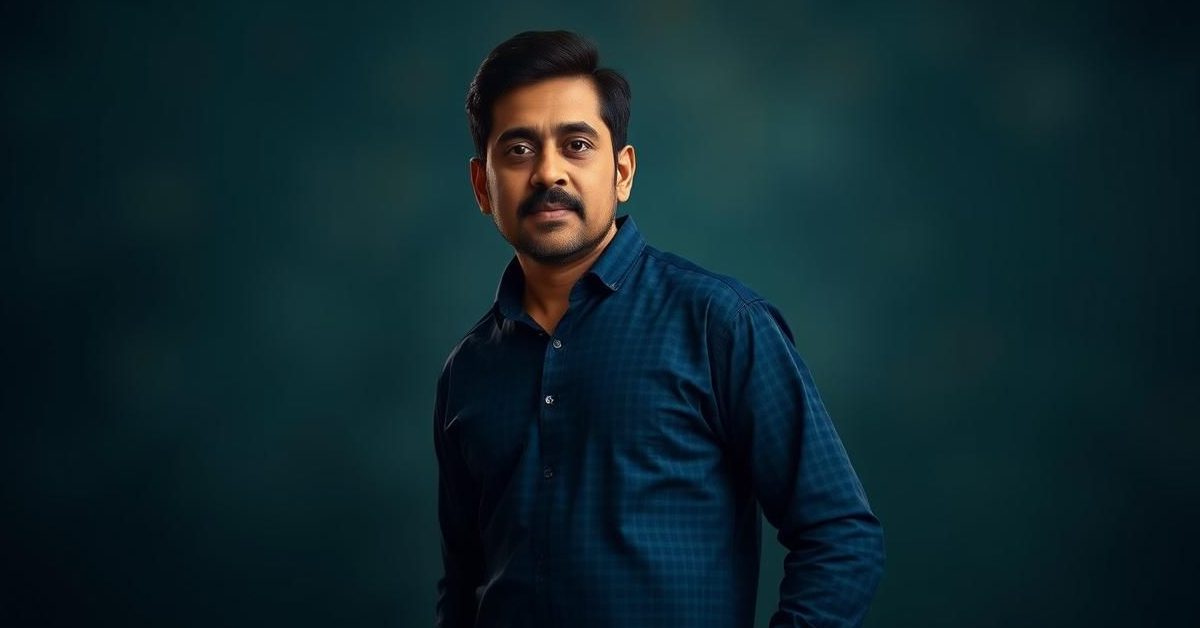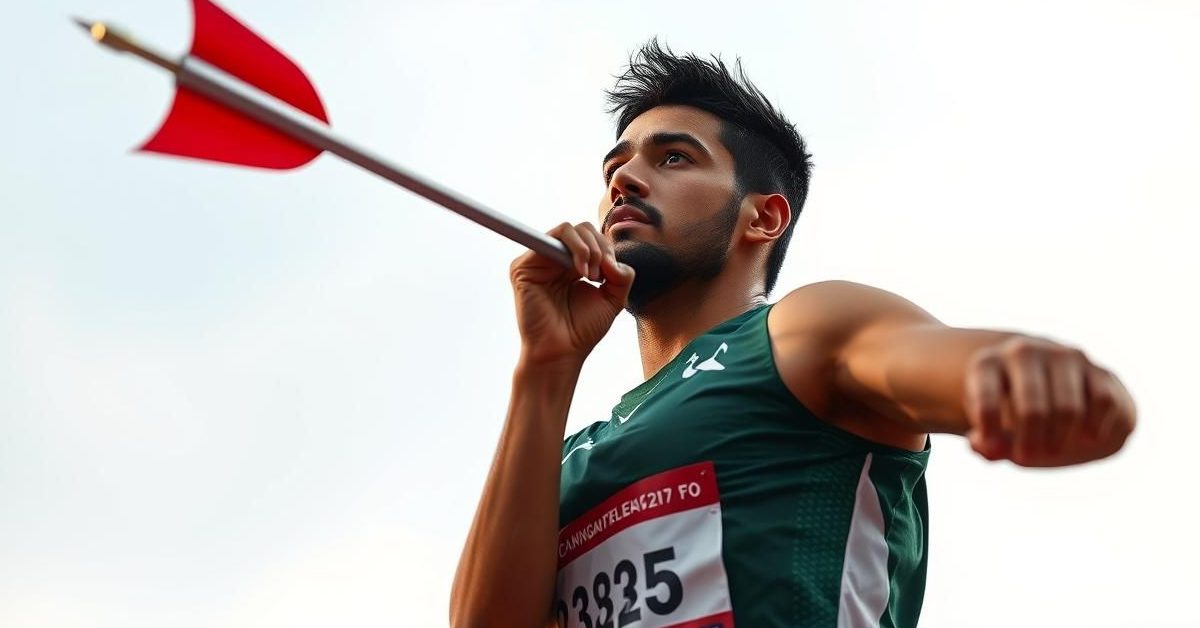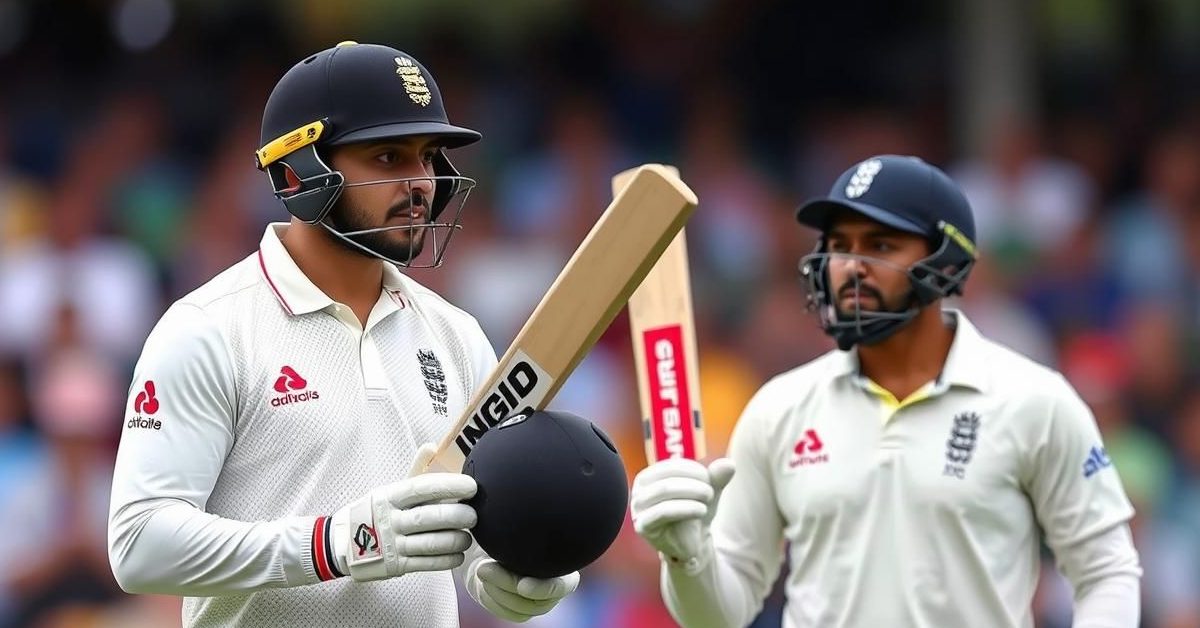Siddharth Malhotra’s Unflinching Journey: From Assistant to Auteur
Filmmaker Siddharth P. Malhotra, a name synonymous with poignant storytelling and commercial success through ventures like the heartwarming drama *We Are Family*, the impactful and critically acclaimed *Hichki*, and most recently, the period piece *Maharaj*, has carved a formidable niche for himself in the sprawling landscape of Indian cinema. Yet, beneath the polished facade of his directorial achievements lies a backstory steeped in the rigorous, old-school apprenticeship that once defined Bollywood’s formative years. In a recent candid discussion with the inimitable Cyrus Broacha, Malhotra pulled back the curtain on his early days, revealing an unflinching account of his initiation into the demanding world of filmmaking under the watchful, often stern, eye of legendary director Vidhu Vinod Chopra.
The Crucible of Early Bollywood Apprenticeship
Malhotra’s recollections paint a vivid picture of a bygone era, one far removed from today’s more structured film school programs and polished internships. He spoke openly about an environment where “thappads” (slaps) and “ragging” were not uncommon, methods that, while jarring to modern sensibilities, were often perceived as part of a brutal yet effective training regimen designed to forge resilience and discipline. This wasn’t merely about learning the technicalities of filmmaking; it was an intense, often physically and emotionally challenging, immersion into the very fabric of industry demands. It highlights a period where mentorship was less about gentle guidance and more about a demanding, almost military-style, indoctrination into the craft.
Vidhu Vinod Chopra’s Demanding Domain and Parental Insight
The epicenter of this rigorous training was the set of Vidhu Vinod Chopra’s 1998 romantic drama, *Kareeb*. Chopra, renowned for his meticulousness and uncompromising vision, from *Parinda* to *1942: A Love Story* and *Mission Kashmir*, was a taskmaster of the highest order. Malhotra’s experience underscores Chopra’s reputation for pushing his assistants to their absolute limits, believing that true talent emerges from such extreme pressures. What makes Malhotra’s narrative even more compelling is the revelation that his own father, a figure deeply rooted in the industry and undoubtedly aware of its inherent challenges, specifically asked Chopra to “grind” his son. This paternal request wasn’t born out of cruelty but rather a profound understanding that only through such an arduous process could Malhotra truly grasp the dedication, perseverance, and sheer grit required to succeed in Bollywood. It was tough love, designed to prepare him for the cutthroat reality of the entertainment business.
Learning the Ropes on the Sets of *Kareeb* (1998)
Working on *Kareeb*, a film starring Bobby Deol and Neha, offered Malhotra an unparalleled, albeit challenging, practical education. Every day presented a new lesson, not from textbooks, but from the raw, unpredictable energy of a film set. From managing logistical nightmares to understanding camera angles and actor dynamics, the assistant director’s role is famously grueling, demanding long hours, quick thinking, and an unflappable attitude. The “ragging” and “thappads” served as a blunt, albeit effective, means of instilling quick obedience, discipline, and a thick skin – indispensable qualities for anyone aspiring to command a film unit. Malhotra’s time on *Kareeb* was undoubtedly a masterclass in crisis management, resourcefulness, and the art of turning vision into reality under immense pressure.
The Legacy of Hard Knocks: Shaping a Director
Fast forward decades, and the indelible marks of that intense apprenticeship are evident in Malhotra’s diverse filmography. The resilience forged during those difficult early days likely played a significant role in his ability to tackle sensitive subjects in *Hichki*, guiding Rani Mukerji through a nuanced performance, or orchestrating the large-scale production of *Maharaj* with Junaid Khan. The discipline instilled by Vidhu Vinod Chopra’s methods, though harsh, provided a foundational understanding of filmmaking that no theoretical course could replicate. It taught him the value of hard work, meticulous planning, and the sheer fortitude required to navigate the complex world of film production, from concept to final cut.
A Changing Bollywood and the Enduring Value of Mentorship
While the industry has undoubtedly evolved, with more formal training programs and a greater emphasis on safe working environments, Malhotra’s account serves as a poignant reminder of Bollywood’s raw, organic roots. It underscores the unique, sometimes brutal, yet often effective, system of mentorship that once produced some of its finest talents. His journey from being a young assistant enduring “thappads” to a respected director with a string of successful films highlights the transformative power of a challenging initiation. It’s a testament to the belief that true mastery often emerges not from ease, but from the crucible of unyielding demand and relentless “grinding” – a path that, for Siddharth P. Malhotra, clearly paid off.
